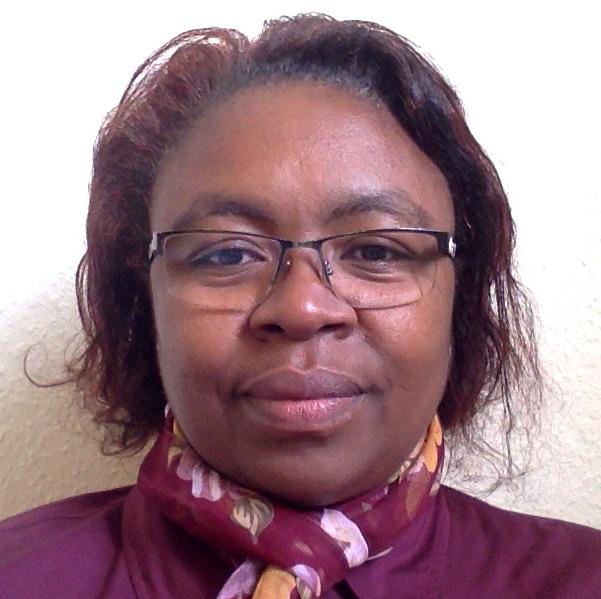
Locations
Categories
Current status

Traumatic Brain Injury Predictive Modeling A Clinical implementation of Machine Learning model
Project overview
This project utilizes the trauma registry developed at KCMC. Our preliminary data from the Kilimanjaro Christian Medical Centre Emergency Department (KCMC ED), a regional referral hospital in the Moshi area, Tanzania, highlighted that the TBI chain of care has three main challenges to timely quality care:
- Limited diagnostics to guide triage, treatment or transfer priorities,
- Limited Emergency Medicine trained or experienced personnel to guide triage or treatment decisions, and
- Limited treatment options that need to be optimized with adequate triaging.
The majority of the TBI patients reaching KCMC ED were transferred from district hospitals (85%), enduring large delays (> 4 hours), and were at an increased risk of dying.5,6 District hospitals, from the KCMC referral network, do not have computed tomography (CT) capacity. Our data showed only 15% of the TBI patients reaching KCMC ED as a transfer received a CT during their injury care and more than 90% of the severe and moderate patients never got a CT scan at KCMC ED for definitive diagnosis.5 TBI patients, from all severities, that endured delays (> 4 hours) had a reduced survival even when receiving surgery 7. These situation illustrate a common picture for physicians in LMICs fragile health systems, that often have to triage patients and decide to transfer to higher complex care without having resources to support evidence-based clinical decision-making; this contributes to delays, poor quality of care and worsening patient outcomes.7–15
To address this issue, we propose to improve triaging with a culturally-relevant clinical decision support tool, The KuamuaTBI, not dependent on diagnostics or physician expertise. This tool will provide evidence to support the triage of patients using minimal available data at patient arrival and prioritization of the utilization of scarce resources.
Main Topic
Traumatic brain injury, predictive modeling, machine learning












